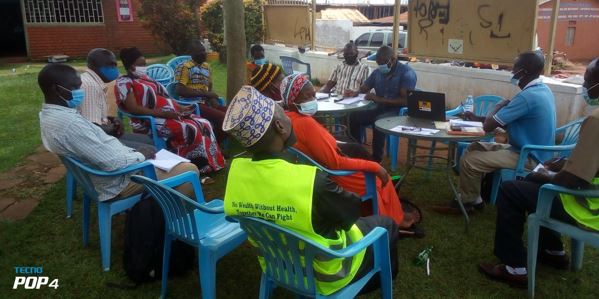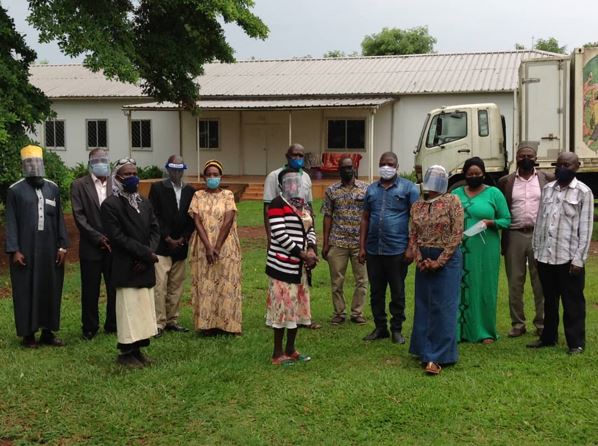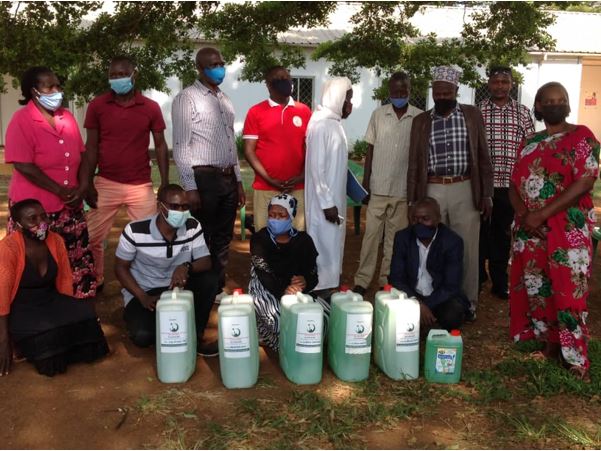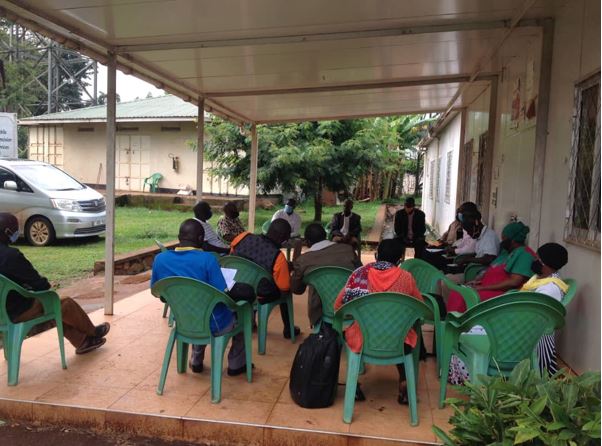+256 772 453 164
Good Governance
We ensure transparency and accountability in the conduct and delivery of our services.

Ethical and Legal Compliance
We operate in full compliance with the governing laws and ethical standards operating both internationally and locally.

Impact-Driven Resource Management
We aim towards maximum efficiency & effectiveness by ensuring that our resources are directed towards our mission of promoting resilience and sustainability mechanisms in the communities we serve, through livelihood skills development, socio-economic empowerment, good health and well-being.

Continuous Learning & Improvement
We aspire to being a learning organisation that by practice assesses, monitors and evaluates the outcomes and impact of our work and continuously endeavors to improve our ways of work.

Partnership, Participation (Involvement)
We are committed to working in partnership with other individuals and organisations, with a firm belief that our aim of building Resilient, Adaptable and Sustainable Communities is better achieved through cooperation rather than competition.